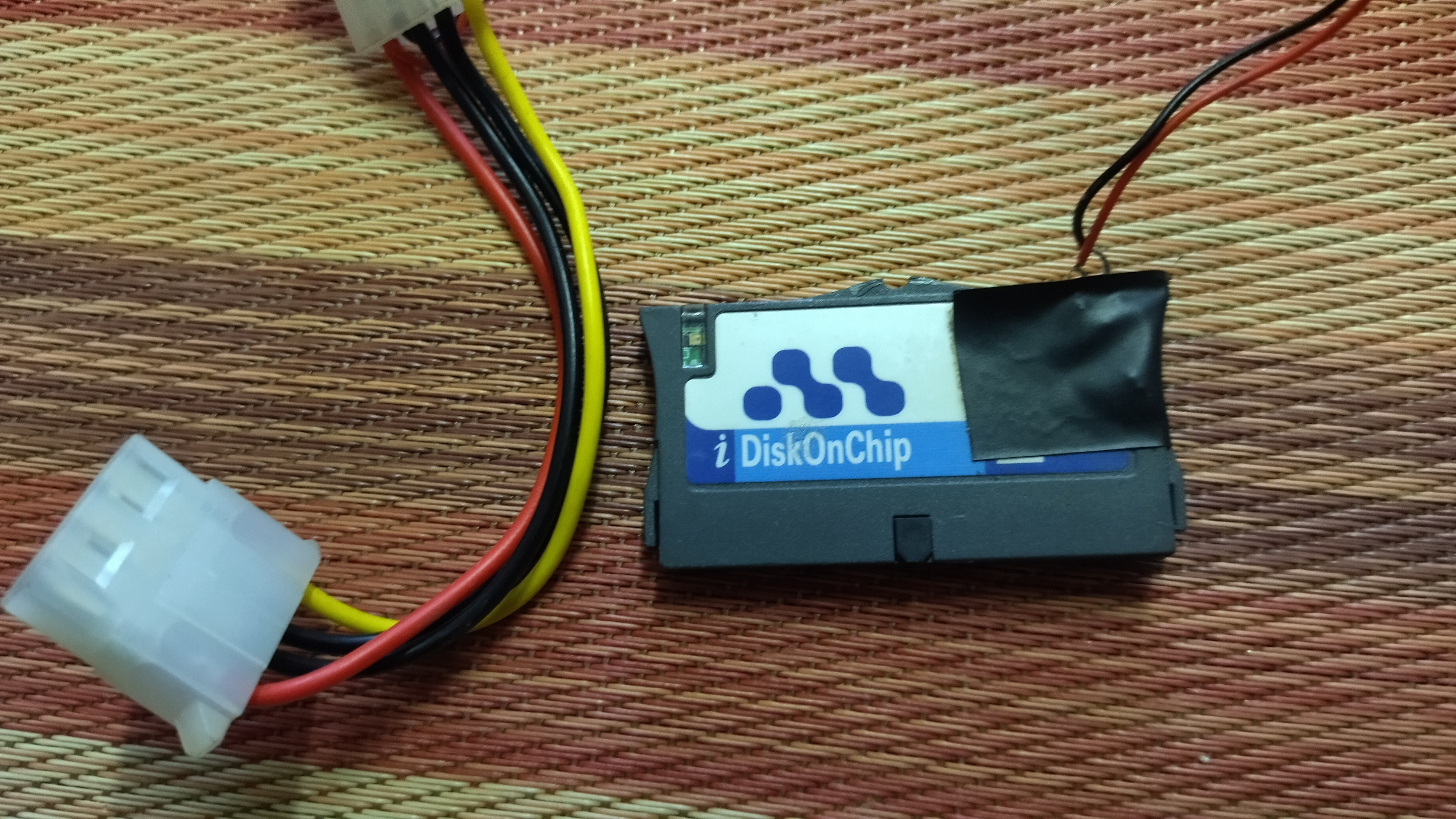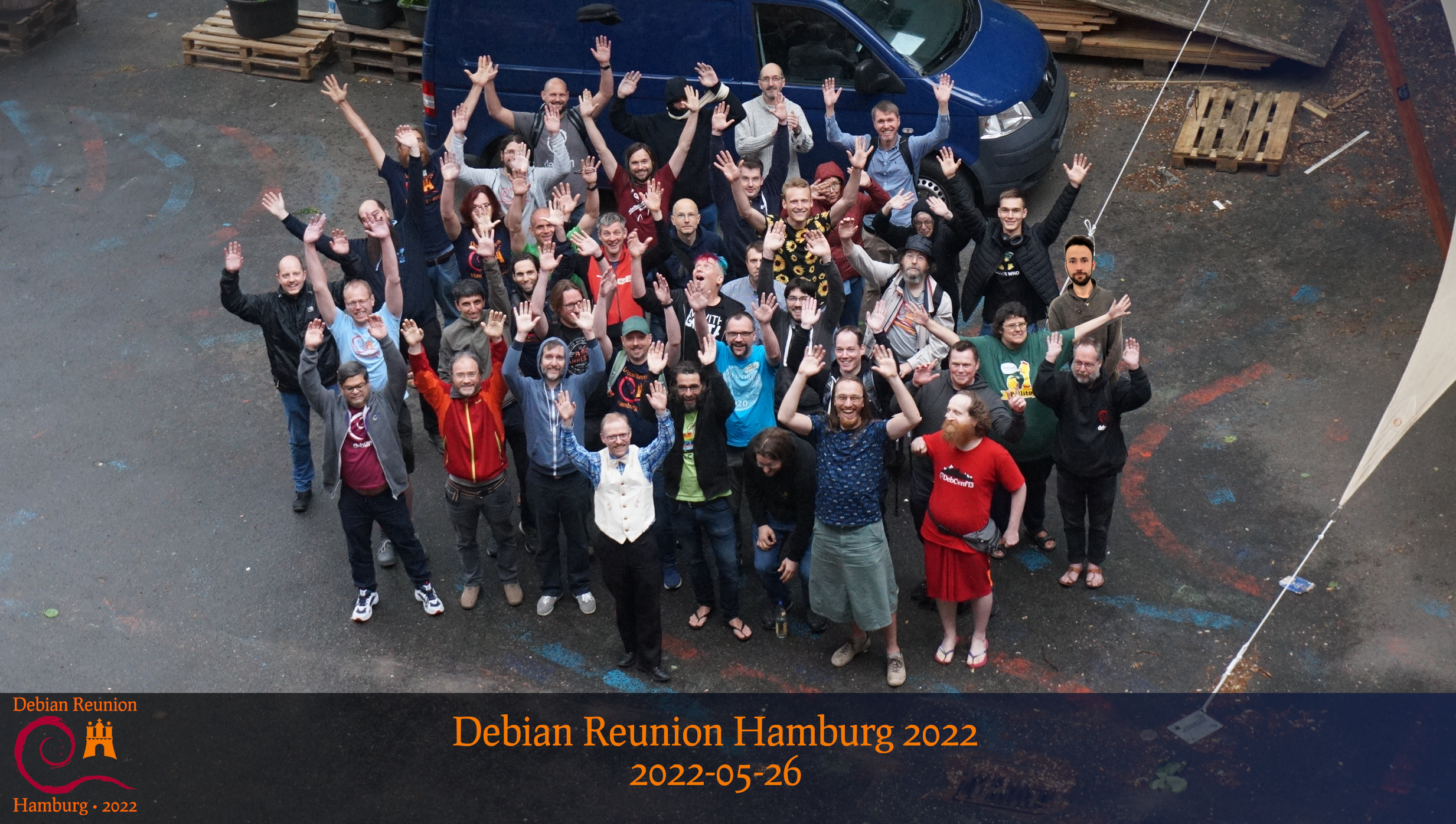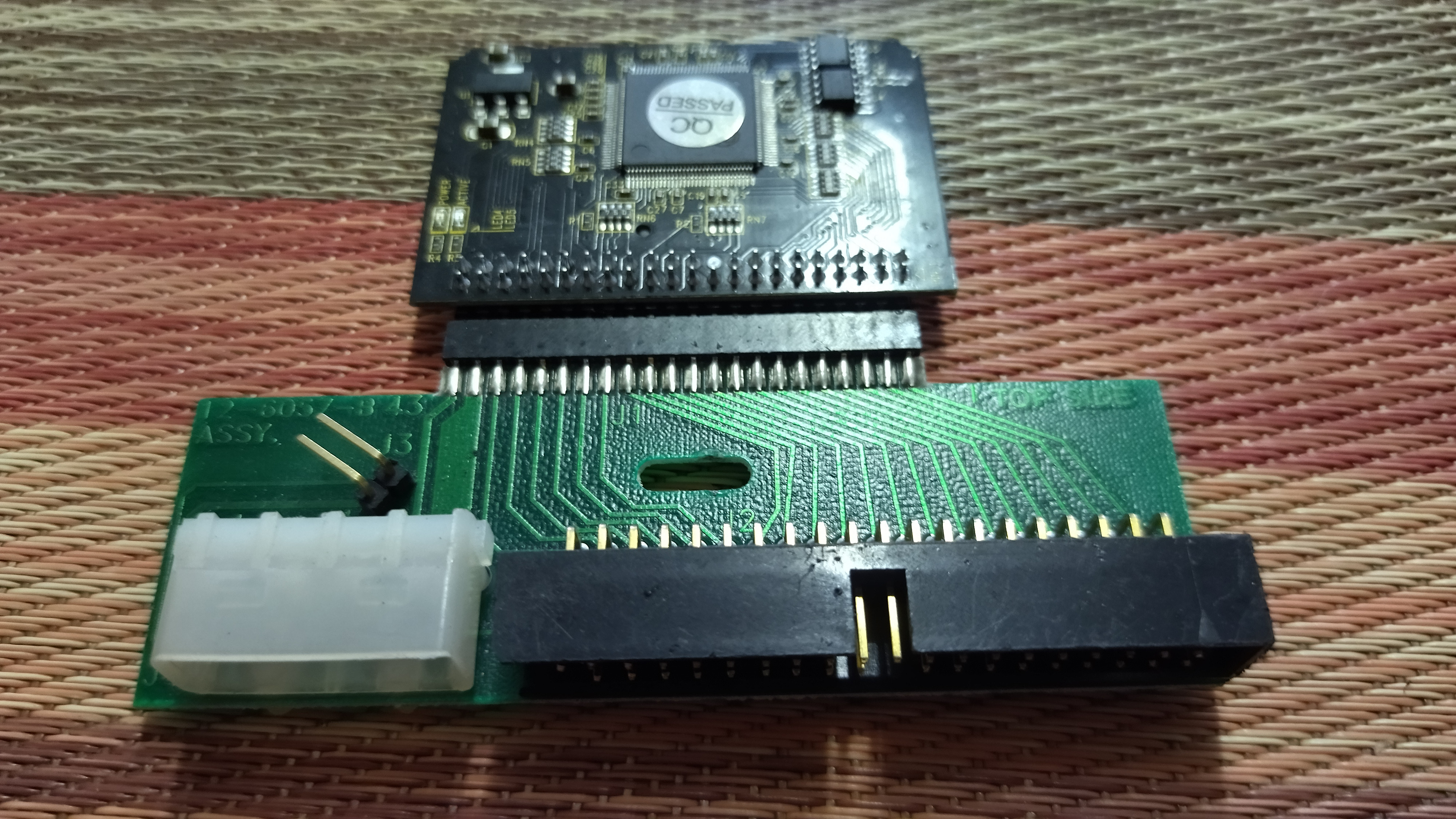TIL that bzip3 is something that exists:
https://github.com/kspalaiologos/bzip3
https://github.com/kspalaiologos/bzip3
TIL treesheets: spreedsheets meets personal wiki meets mindmaps (also packaged in Debian):
https://hackaday.com/2022/09/07/organise-your-hacks-with-treesheets-an-open-source-hierarchical-spreadsheet/
https://hackaday.com/2022/09/07/organise-your-hacks-with-treesheets-an-open-source-hierarchical-spreadsheet/
@LWN Welcome to the Fediverse!
TIL Microsoft has another internal Linux-based system based on Debian called CLB-Delridge https://news.itsfoss.com/microsoft-debian-distro/
I postponed my HAM radio exam (was scheduled for next Saturday) to October due to work pressure / travels, but bought this little radio and big antenna from someone who's retiring from radio.
Next month I'll figure out how to re-construct the antenna at my place. Good condition overall, just seems to need a good cleaning.
Next month I'll figure out how to re-construct the antenna at my place. Good condition overall, just seems to need a good cleaning.
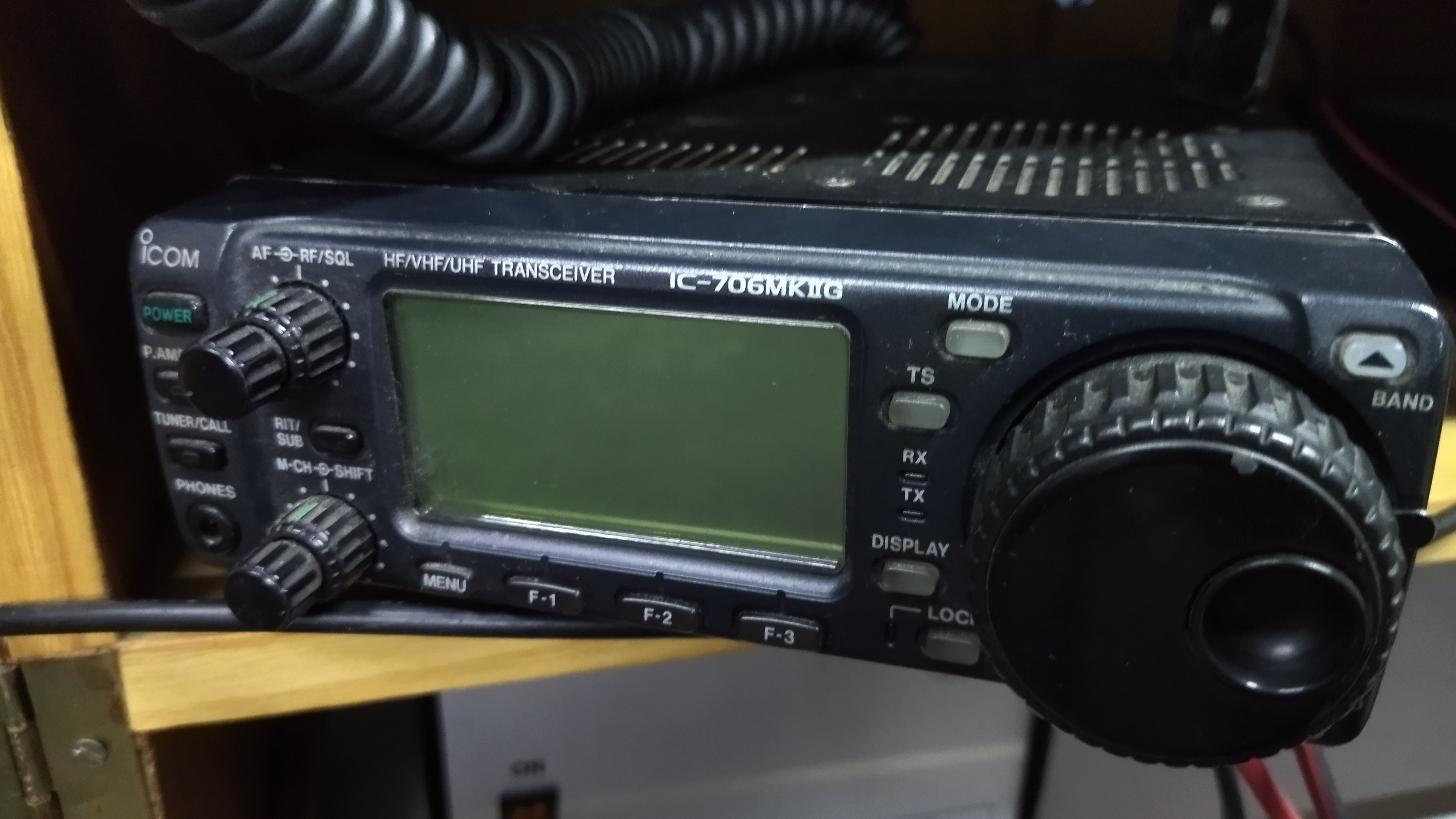
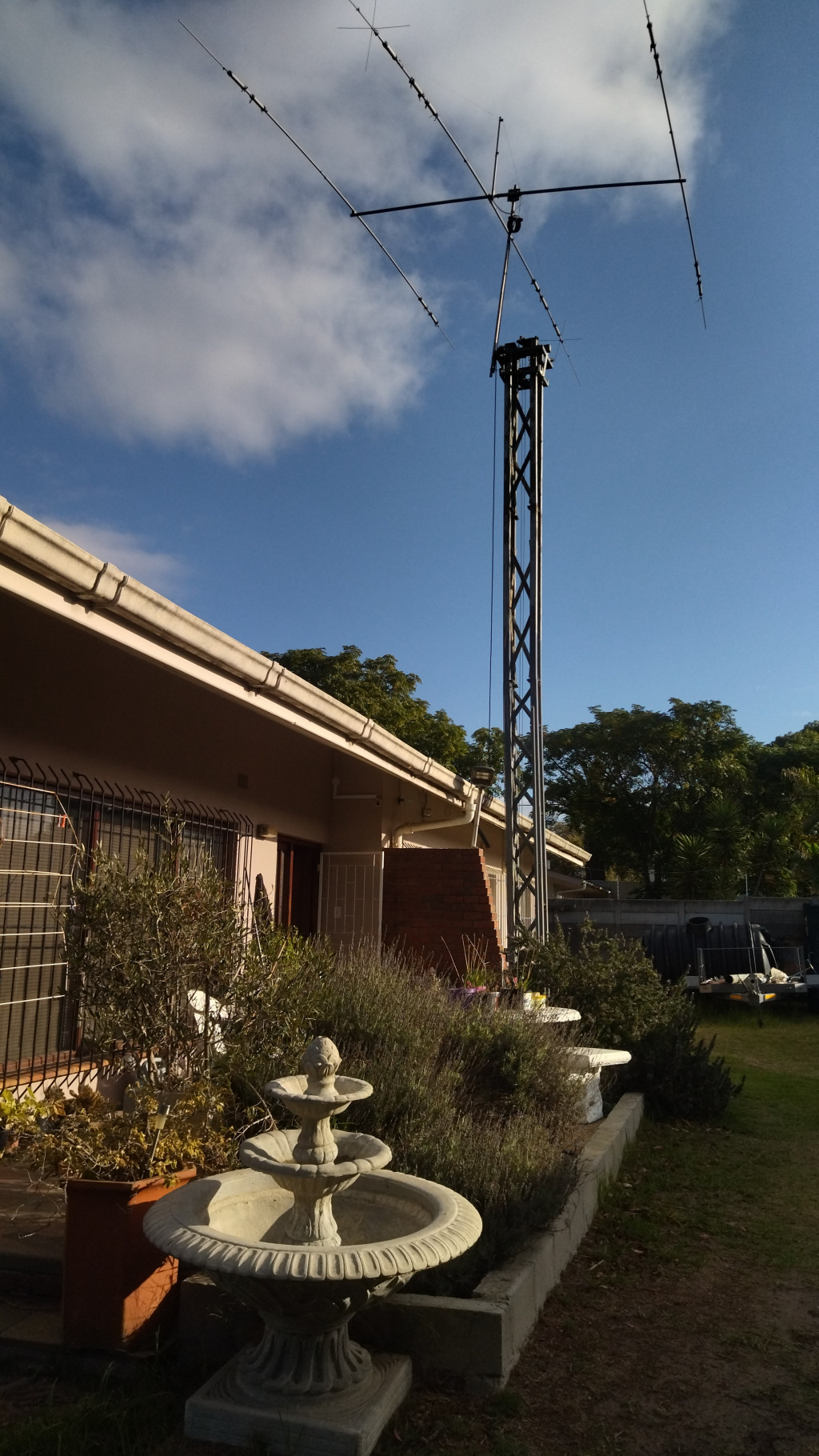
Last night I escaped the real world for a bit to play Modem Wars over dial-up modem with a friend in another city.
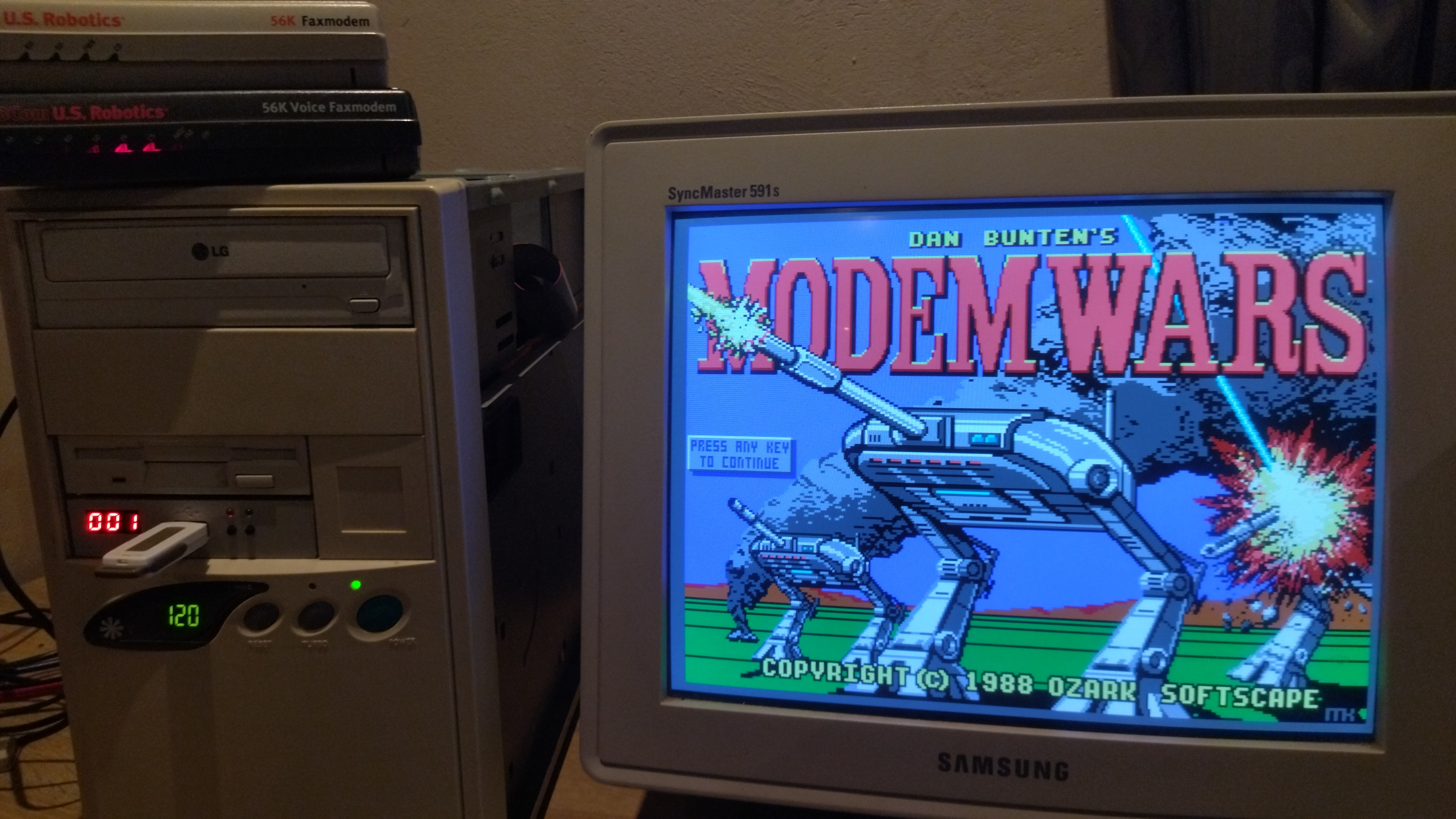
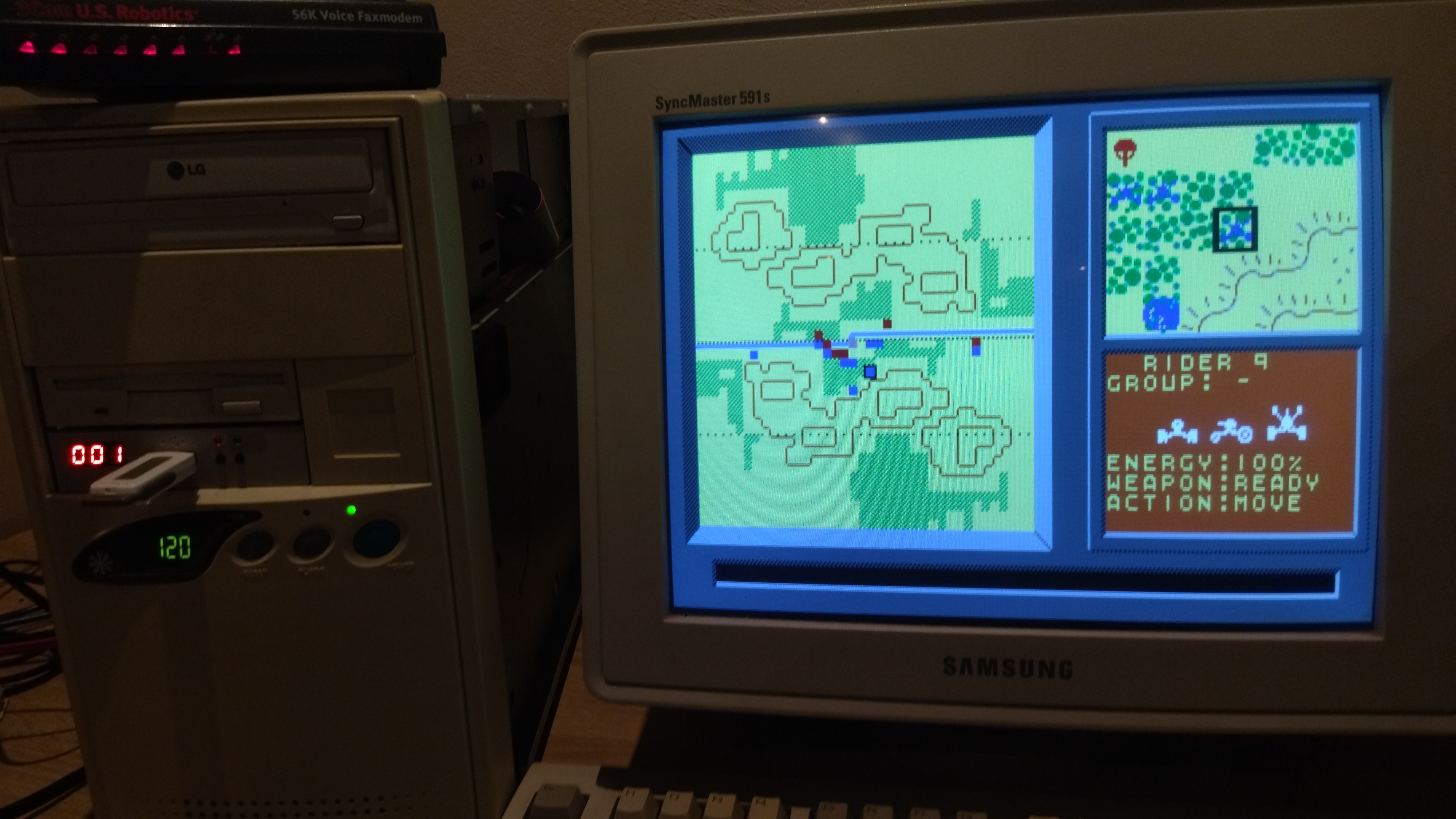
Nice to see a real-life Debian meeting again! Here's a blog post from pollo who organised a meet-up in Montréal: https://veronneau.org/montreals-debian-stuff-april-2022.html
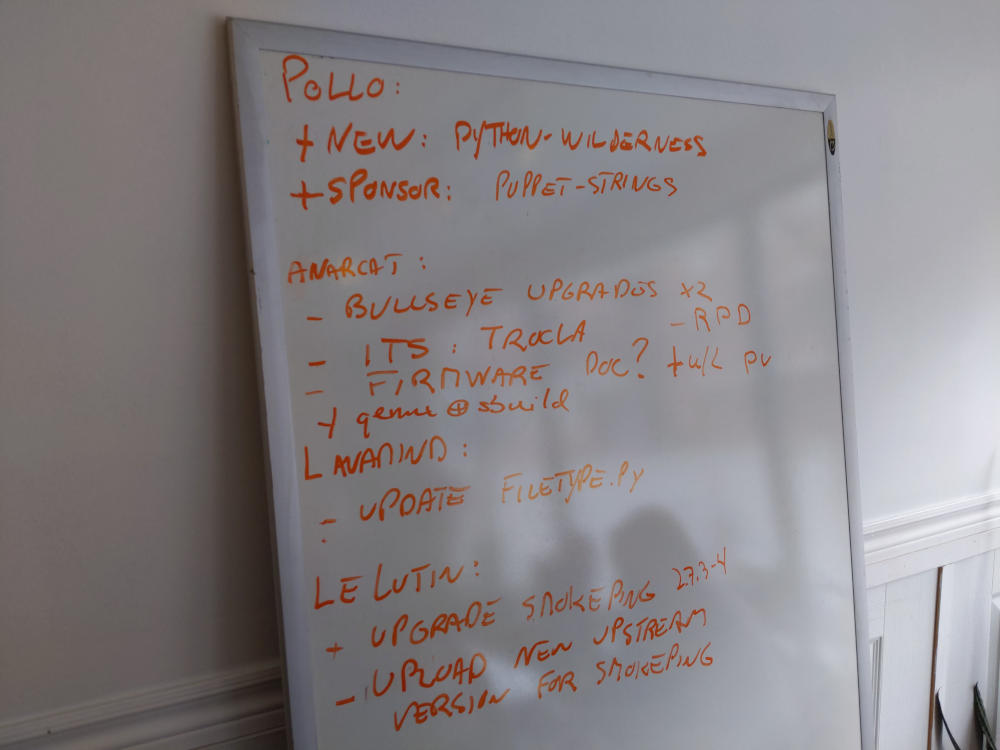
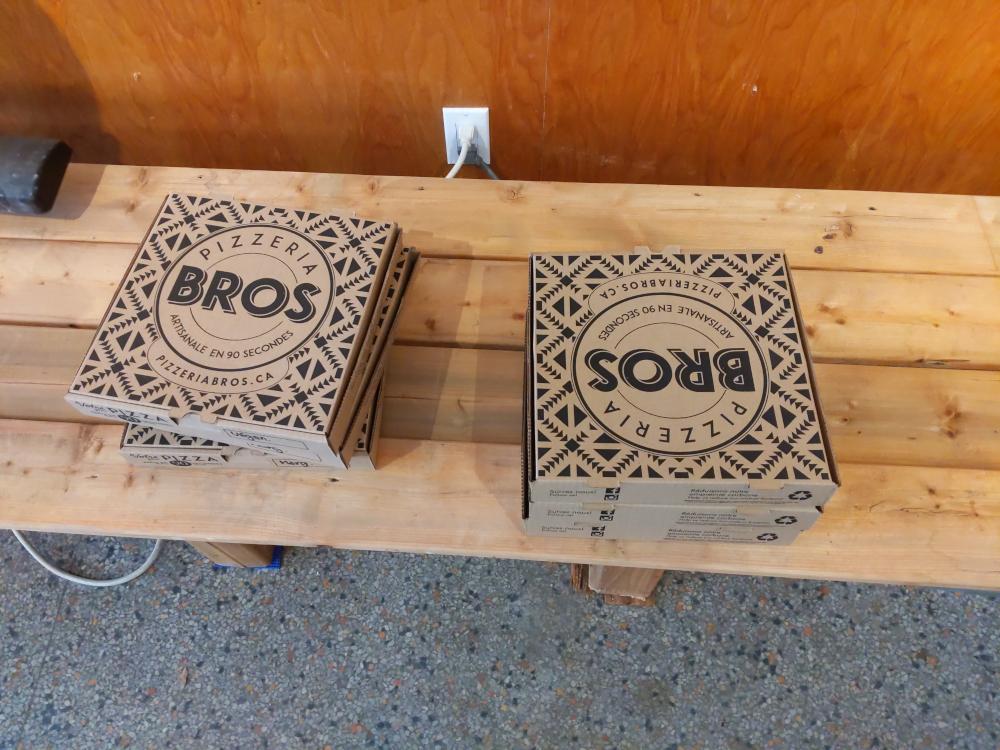
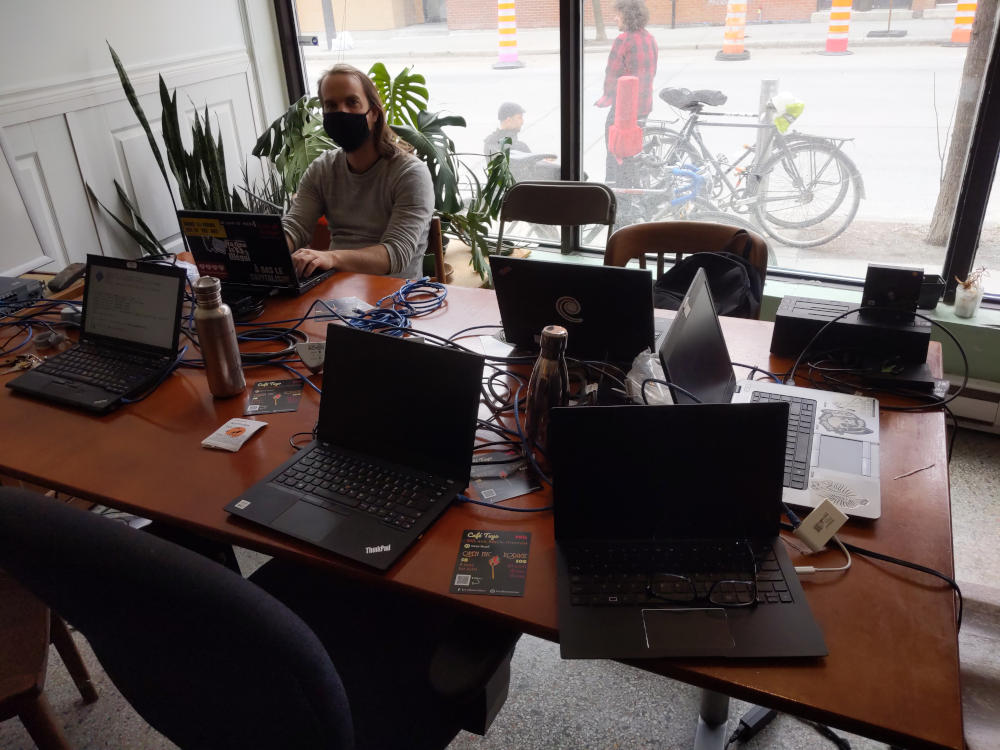
Dear Free Software Friends. Daniel Pocock is harassing members of our communities yet again and forging mails so that it appears to originate from Debian lists. Please be careful.
Note that he is not part of Debian and has been banned from the project, contrary to his claims that he quit.
Debian has issued a statement on Daniel Pocock last year, which you can find here: https://www.debian.org/News/2021/20211117
Note that he is not part of Debian and has been banned from the project, contrary to his claims that he quit.
Debian has issued a statement on Daniel Pocock last year, which you can find here: https://www.debian.org/News/2021/20211117
@fsf Congratulations from your friends at Debian!
I got this Roland MT120s as a birthday gift from a good friend in my vintage computing club. And to make it even better, the first song on the floppy was Axel F!

I remember when these cards came out, back in the days where you told people "Just buy any AGP card and you'll be fine!" *facepalm*
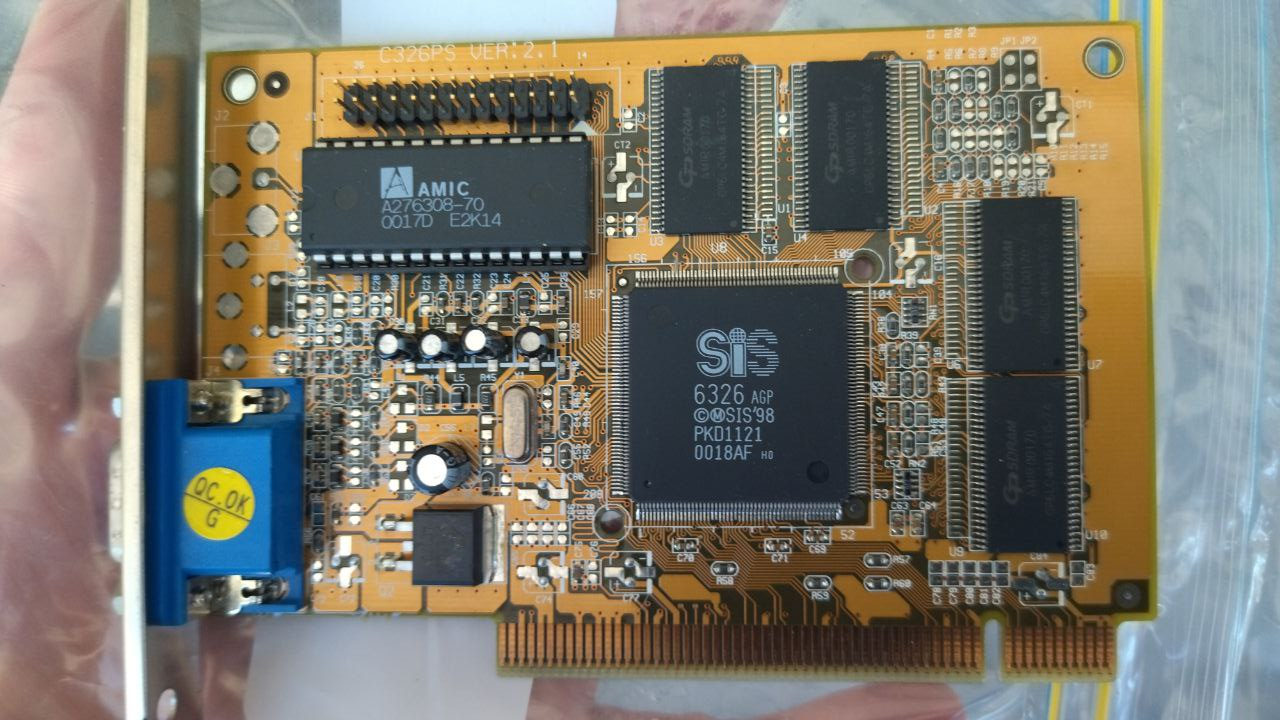
Another old SSD for my collection. Probably my smallest yet. This SSD is only 2MB in size, not all that useful as a full hard disk, but could still be a fast boot drive for DOS.
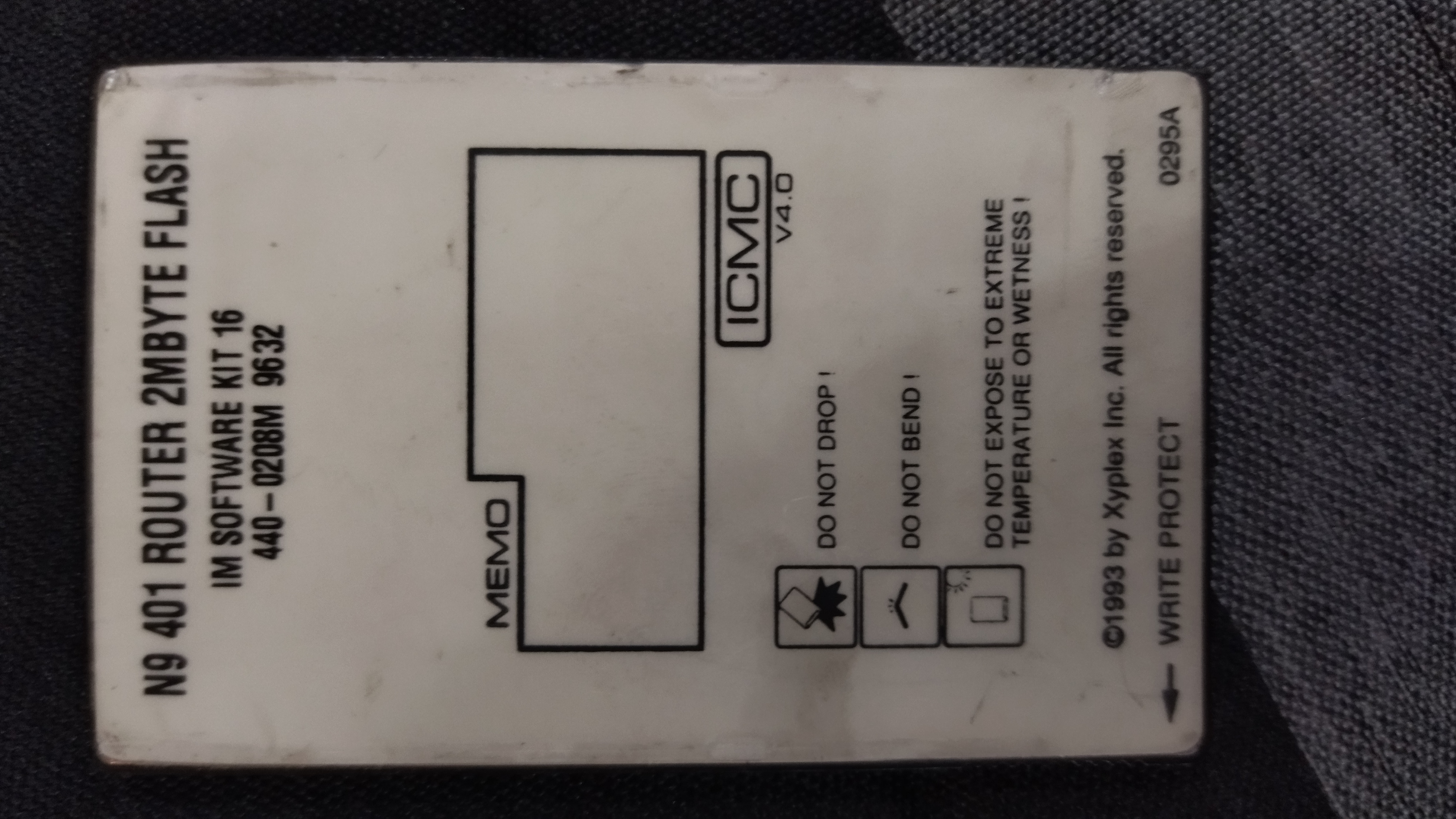
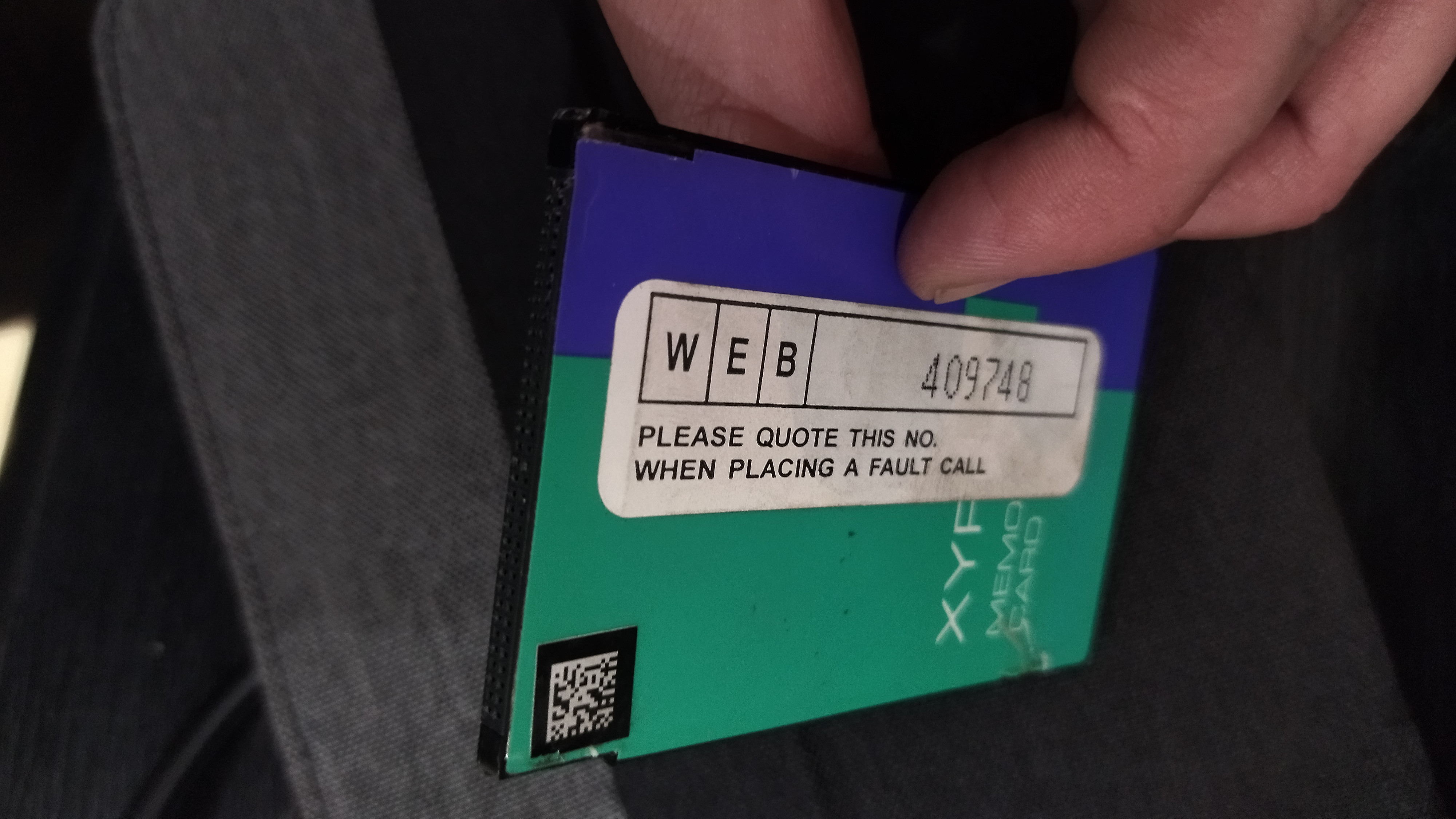
My newest ZX-Spectrum machine. Almost missed it until a friend pointed it out while we were hunting for new old hardware at a thrift store. This odd (but cool) keyboard still works fine although I had to replace some of the Spectrummy parts for it to work 100% again.
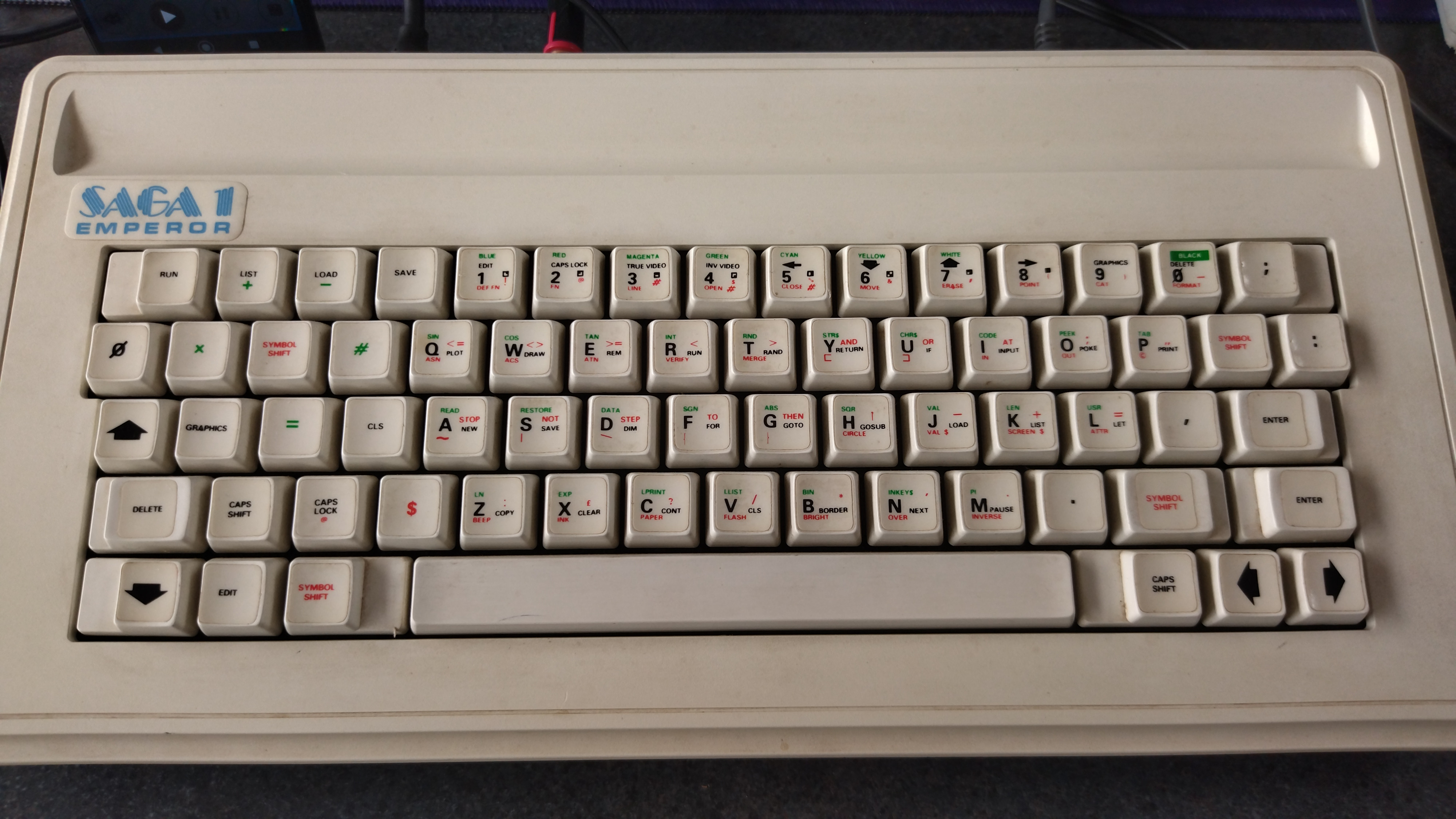
This is an M.2 to 44 pin IDE converter. It relies on the last generation UDMA chipsets that existed so I think it basically just works on P4 machines and machines from that era. This M.2 chip is 256GB which is plenty for an old machine that still takes IDE disks.
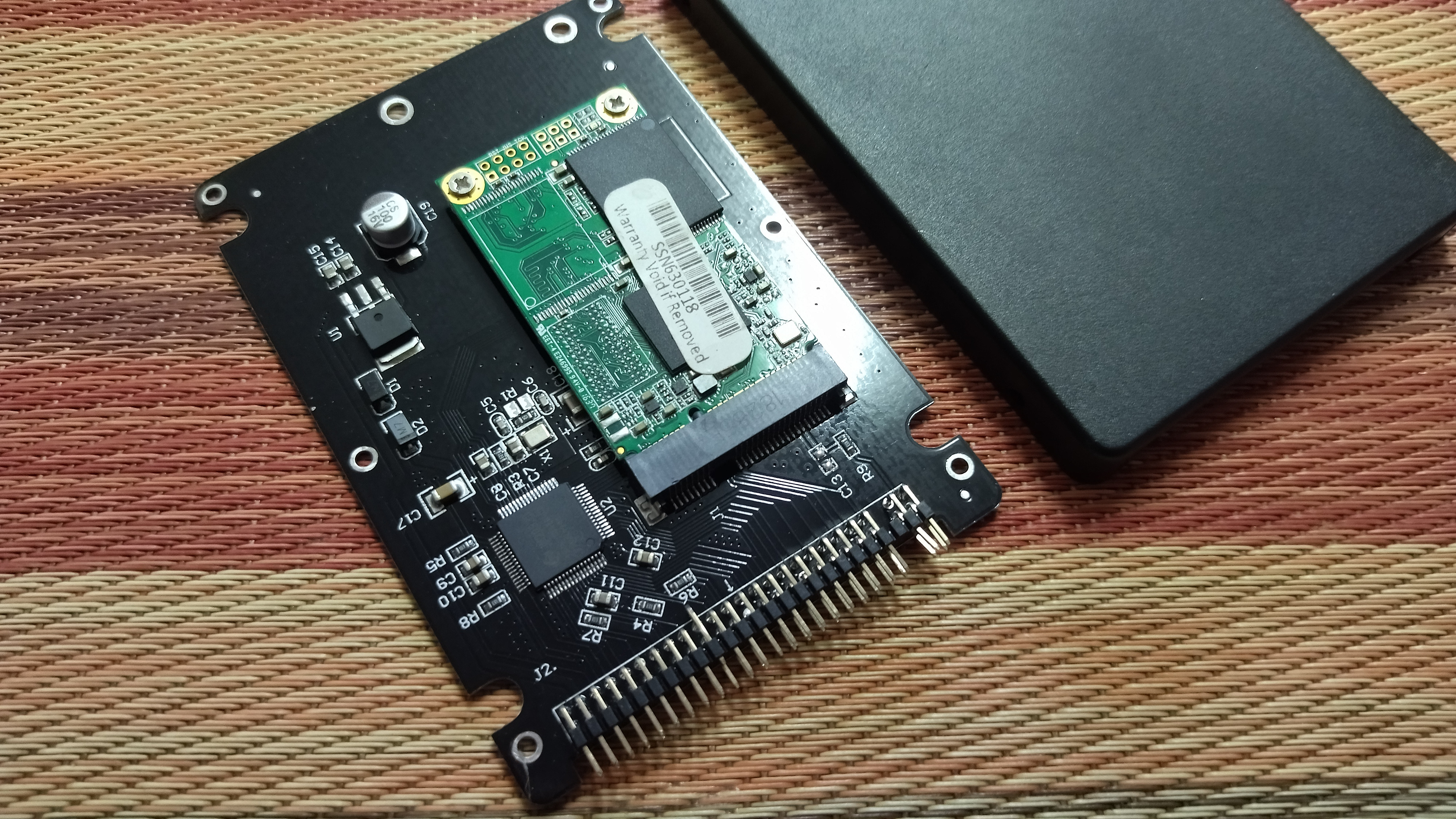
And for transferring stuff to old laptops (that doesn't have USB/ethernet and hard to remove hard disks), this comes in quite handy, a CF card to PC Card adapter.
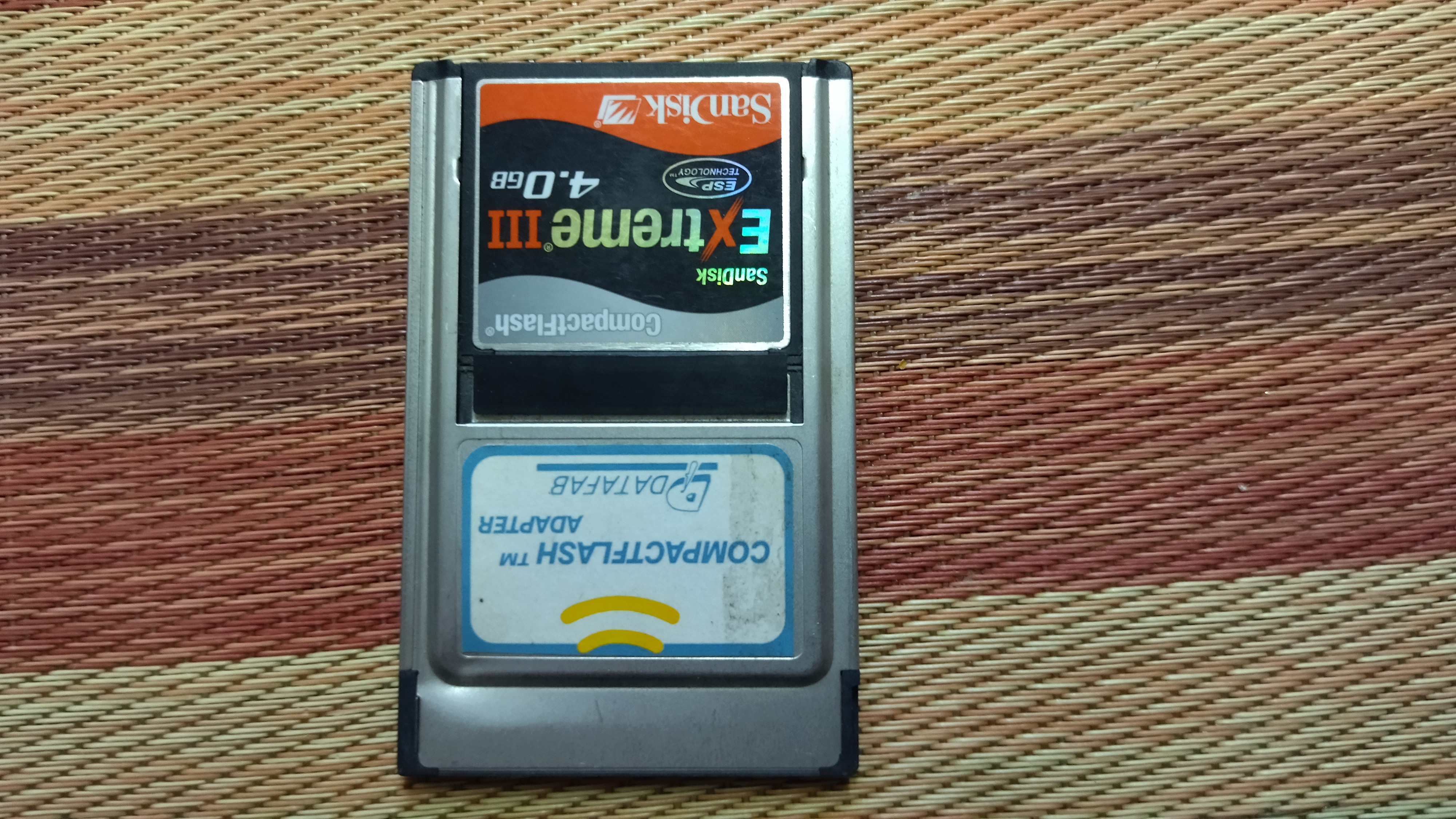
And this is a CF card to IDE converter. It seems that CF cards are basically just IDE anyway since the card doesn't have any meaningful electronics on it like the SD -> IDE converter. These were quite popular in the early 2000s when people wanted to build a quiet machine.
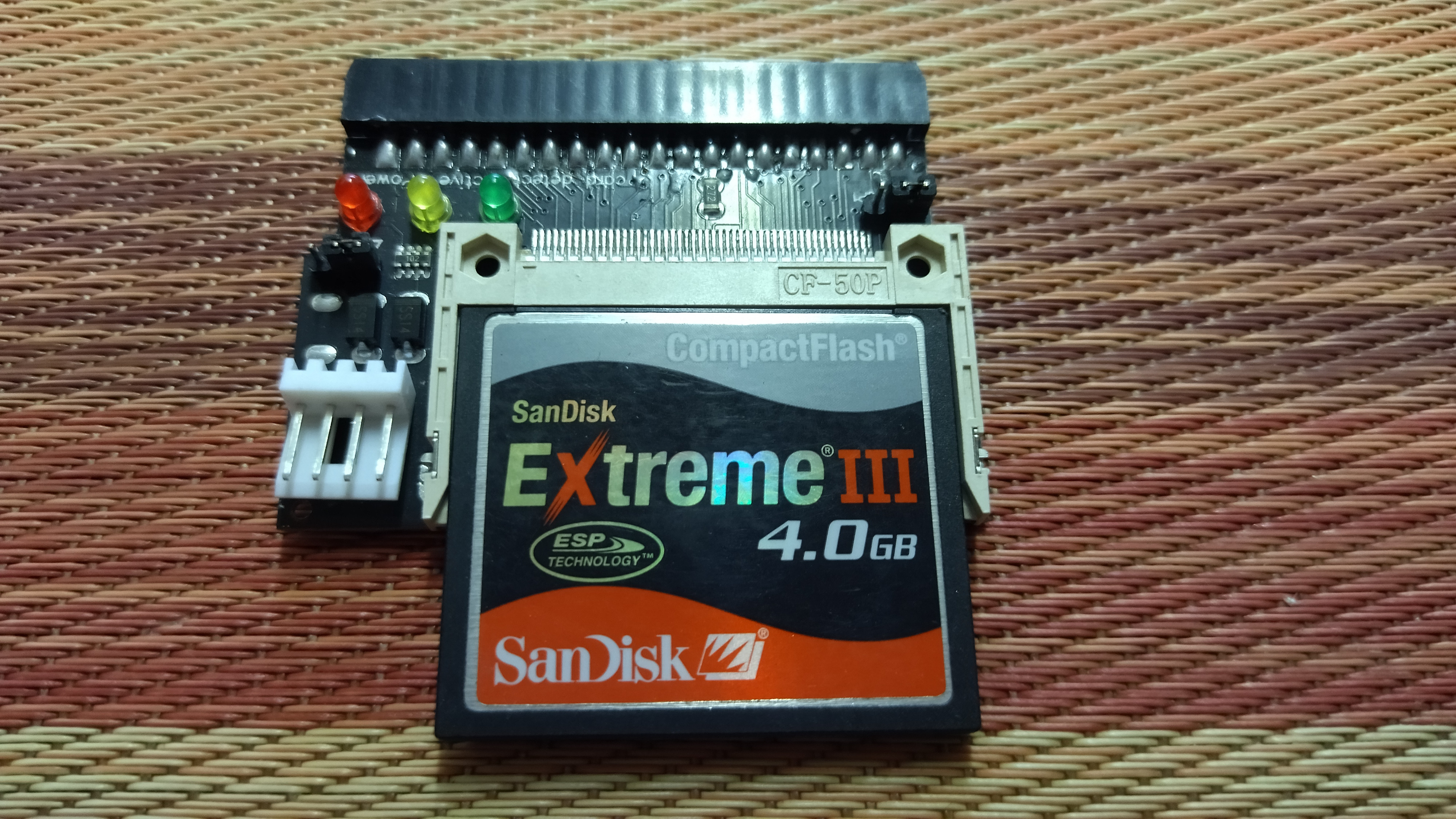
Moving into somewhat more conventional territory, here's a 512MB SD card on an IDE adapter, and then a conversion board from laptop 44 pin to desktop 40 pin + power. I use the 512MB card because that's the maximum my 386 can address without additional extensions.
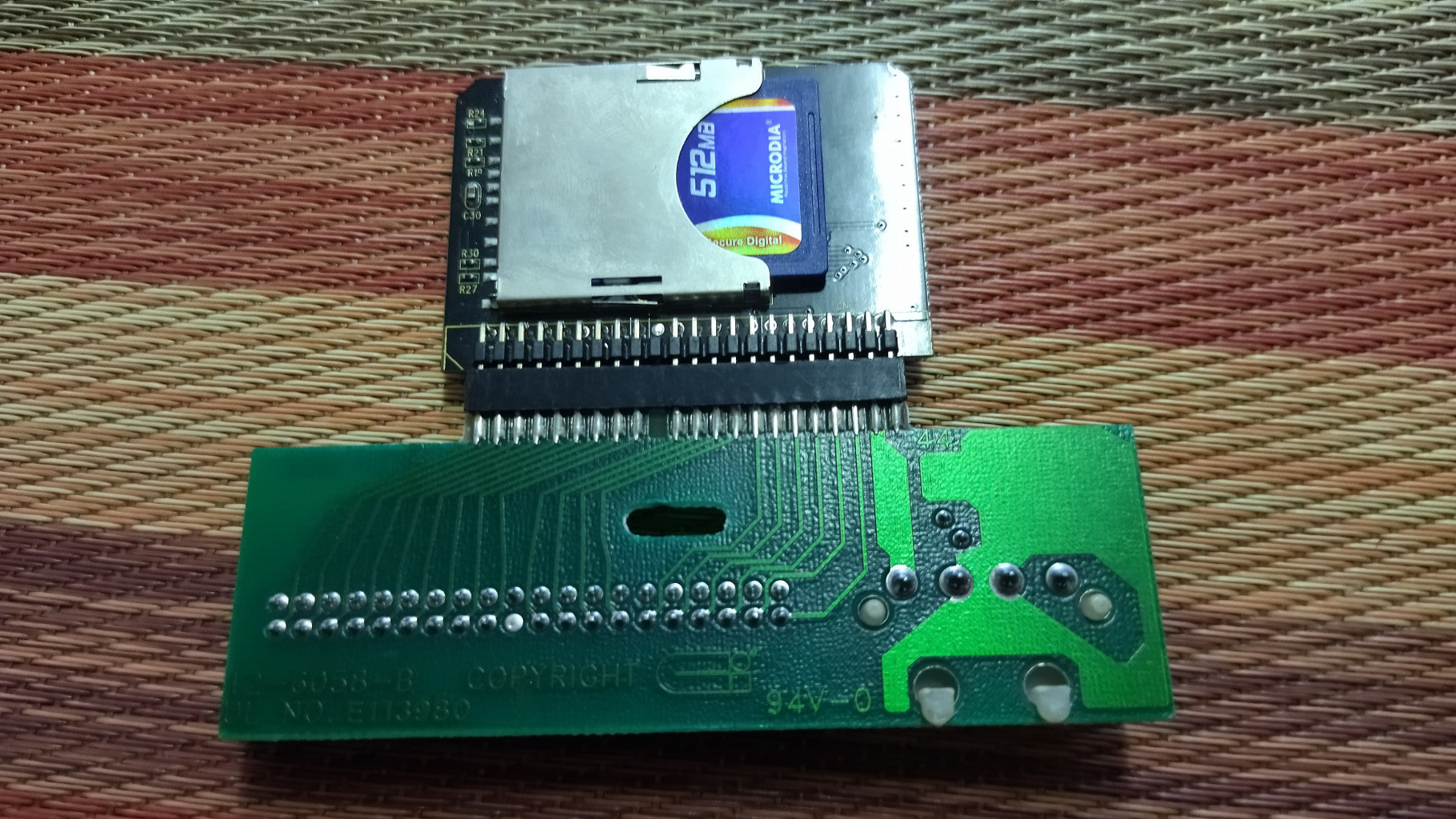
The makers of that 8MB chip (M-Systems) were one of the pioneers of flash based storage solutions. Later on they made this baby, a 256MB SSD that you could plug directly into a PATA IDE slot. M-Systems were later acquired by SanDisk.
